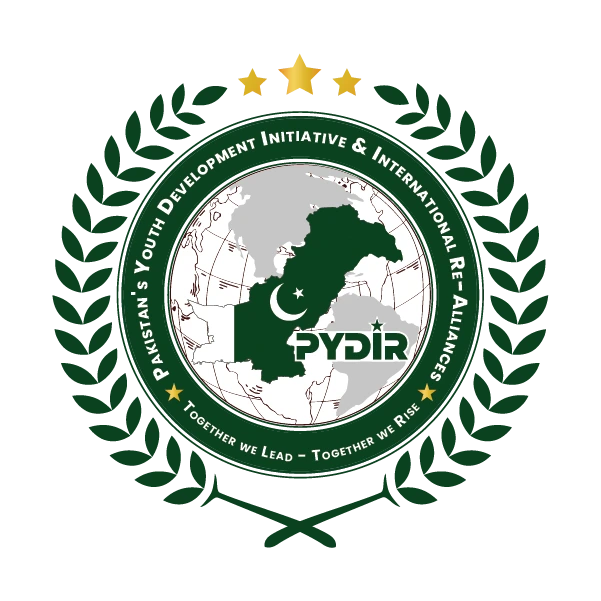The Republic of Korea, or South Korea, was once a war-torn state and always felt threatened by its archrival, North Korea. Recently, we have seen the rise of South Korea as a major player in East Asia. It is termed the “Asian Tiger” due to its booming economy. But what is the driving force behind all of this? A poor state, having no means of income, just pulled itself out of a deadly war and managed to be among the dominant players in Asia. Analyzing its history and geographical location, nothing significant is associated with the state; it does not even consider the use of “hard power” to achieve its goals. The answer to the above questions lies in “soft power.” A concept often associated with media and globalization. The world has now become interdependent, integrated, well-communicated, and connected. The relevance of soft power in modern diplomacy is due to the globalized nature of the world. South Korea has used the media as an effective tool to strategically communicate with the world. The soft power projection of Korean culture, traditions, human development, and peace-making efforts is done using media. This concept is called “cultural globalization,” first introduced by Anthony Giddens and Arjun Appadurai. The flow of culture, norms, customs, and traditions beyond national and international boundaries.
The Korean culture has floated not only in Asia but around the globe, leaving marks of “attraction and persuasion.” The “Korean Wave, or Hallyu,” has predominantly proved effective in this regard; the surge in K-pop culture has garnered much attention from the world. Children, teenagers, and adults are equally caught in this K-fever. From Oscar-winning Parasite to BTS and BlackPink being given accolades and invitations to attend events at international organizations that further enhance the stature of South Korea, Media has always proved to be an effective tool for persuasion, introduced during the Cold War by the U.S. under the campaign ‘Winning Hearts and Minds.’ It was used as a counter-insurgency tactic at times of conflict, but in the present dynamics, at times of peace, it is used as a tool of soft power projection. In the past, the campaign was done through radio and newspapers; now, digitalization has made it much easier to portray an image through TV and films. Technology-savvy people are a good target for these campaigns.
The rise of South Korea began after its separation from the North and the nation decided to isolate itself for the betterment of the economy. The spectators’ coined this transformation “from rubble to smartphones.” A war-torn state transformed itself into a hub of innovation, exploration, and advanced technologies. The U.S. had a historical inclination toward the state and bolstered it during the Korean War due to its inclination toward capitalist and democratic ideals. The termination of the war resulted in a US-ROK Mutual Security Treaty when the U.S. provided a nuclear umbrella to South Korea. The support of a hegemon and diplomatic endeavors made the state flourish and have a say in the international arena.
The influence of South Korea has increased globally. States are trying to establish cordial ties with the ROK and follow its economic model to boost trade and revenues. The state was initially poverty-stricken but has now observed reduced poverty rates and a surge in Human Development Index rankings. This was the turning point, and Ban Ki Moon, a diplomat and politician from ROK, was chosen as the 8th Secretary General of the United Nations. The media has made the ROK stand out in international relations. K-pop and the technology-savvy public have helped the government increase its influence in the region and around the globe. K-pop celebrities are invited as ambassadors and diplomats in international organizations and other states too. The Korean boy band addressed the Sustainable Development Goals Moment at the UN.
South Korean President Moon Jae-in called BTS “Special Presidential Envoys for Future Generations and Culture.” A song performance on ‘Permission to Dance” also took place at UN Headquarters. BTS’s performance of their song was aired live on the UN channel, and it gathered huge viewership for the channel for forty years. The band was also hosted in the White House by President Joe Biden on the occasion of “Anti-Asian Hate Crimes, Diversity, and Inclusion” in a press conference. The FIFA World Cup 2022 was held in Qatar, and it was the first time in history that an Asian singer was invited to perform and sing in the opening ceremony, too, from BTS. Previously, only Western artists performed at the FIFA opening ceremony.
This media dominance has helped in foreign affairs and relations, diplomacy, and political gains in the long run. ROK grants scholarships to foreign students through exchange programs to foster good relations with states. The economy of South Korea has improved in recent years due to a significant increase in trade relations. Japan, the U.S., China, and 191 other states maintain foreign relations with South Korea. It maintains a proactive role in organizations at the regional and global levels. All in all, media is a tool of diplomacy using soft power projection, and South Korea has cashed all the benefits of media to persuade and influence the world with its image as a promoter of peace and cooperation.
The writer is a student of “BS Strategic Studies” at “National Defence University, Islamabad” and a member of PYDIR.



